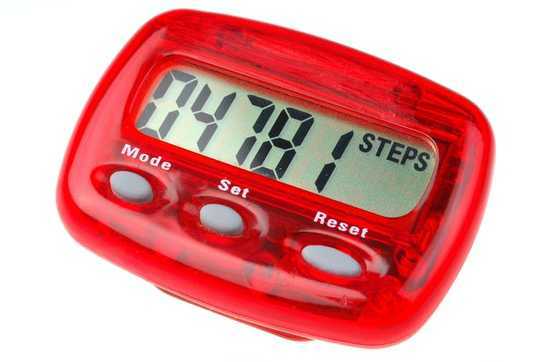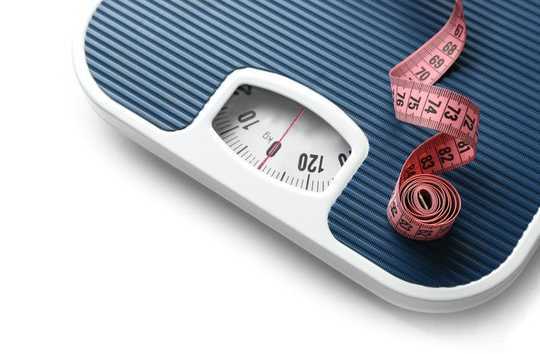People who weigh themselves regularly are more successful at losing weight and keeping it off. But standing on a scale, in itself, doesn’t help people to magically lose weight. Rather, standing on a bathroom scale every day may encourage some people to think about their eating and exercise habits, plan ways to lose weight, and help them resist temptation. In other words, the bathroom scale might help people self-regulate.
To find out whether this is true, we asked 24 people to record their thoughts during daily weighing for eight weeks. We found that most people didn’t use self-regulation, but those who did were more likely to lose weight. This led us to wonder whether we could teach people self-regulation skills to make weighing more useful.
We developed a programme called PREVAIL that aims to guide people who want to lose weight through the process of self-regulation. Participants were instructed to weigh themselves daily and record it on an app. We developed a list of 53 weight loss actions, such as snacking only on vegetables, cutting out alcohol or walking 10,000 steps. We asked people to try out all the actions they felt were relevant to them and to use their weight change over time to learn which behaviours worked.
 Participants could choose their own weight loss action, such as walking 10,000 steps. Nikola Bilic/Shutterstock
Participants could choose their own weight loss action, such as walking 10,000 steps. Nikola Bilic/Shutterstock
Get The Latest By Email
We asked them to do this based on their weekly weight trends, as weight can change from one day to another for reasons that aren’t linked to fat loss or gain. We then encouraged people to continue with the strategies that worked well for them, building their personal set of effective weight loss tools.
We tested this programme in an eight-week randomised controlled trial with 100 people. The participants were randomly assigned to one of two groups. Half the participants followed the PREVAIL programme and the other half were instructed to weigh themselves without further support (the control group).
Half a stone
People who used the PREVAIL programme lost on average 3.2kg (half a stone) more than people in the control group. The feedback we received from participants following the PREVAIL programme was overwhelmingly positive, with many saying that the programme let them take control of their weight loss and flexibly manage their weight alongside their busy lives.
We were quite surprised by the amount of weight people lost because none of the 53 weight loss strategies we had come up with were revolutionary, and each one would probably have had only a modest effect. By combining these actions and putting them into context with weight data, people were able to gain insights into how their diet and physical activity affected their weight. The process of self-regulation and experimentation allowed them to develop their own highly personalised weight loss plan.
Some people experience negative emotions when they weigh themselves. We hoped that guiding people through a process to help make use of their weight measurements would help them overcome this. Responses from the participants showed that they were indeed able to use the daily weighing positively, as constructive feedback. If something didn’t work, they could move on to a different strategy rather than becoming frustrated with the lack of progress. It seemed as though our participants found a way to use their scales as a helpful tool to work towards their goals.
Our trial showed promising results for the first eight weeks, but it often takes a bit longer than that for people to reach their goal weight. Also, people may struggle to keep weight off after losing weight. We hope to test this programme in a bigger and longer trial, to see how people do in the long term.
In the meantime, with many people finding it hard to manage their weight during lockdown, our list of weight loss actions may come in handy. You can find them here.![]()
About The Author
Kerstin Frie, Postdoctoral Researcher, Health Behaviours, University of Oxford; Jamie Hartmann-Boyce, Departmental Lecturer and Deputy Director of Evidence-Based Healthcare DPhil programme, Centre for Evidence-Based Medicine, University of Oxford, and Susan Jebb, Professor of Diet and Population Health, University of Oxford
This article is republished from The Conversation under a Creative Commons license. Read the original article.
books_health








